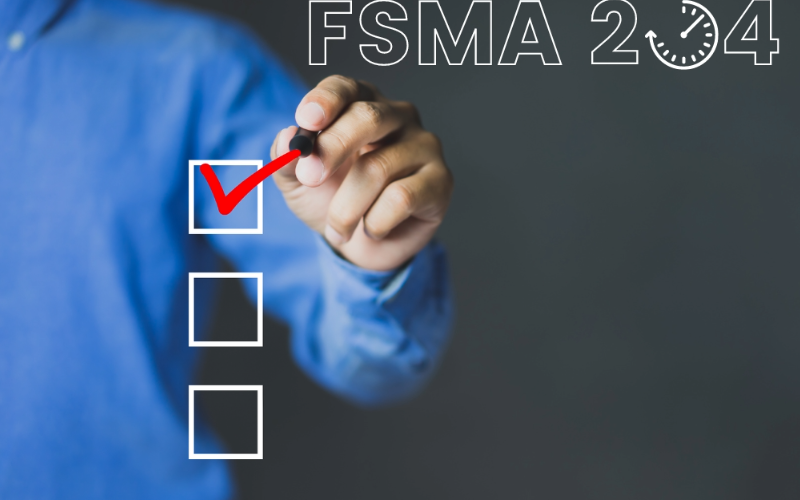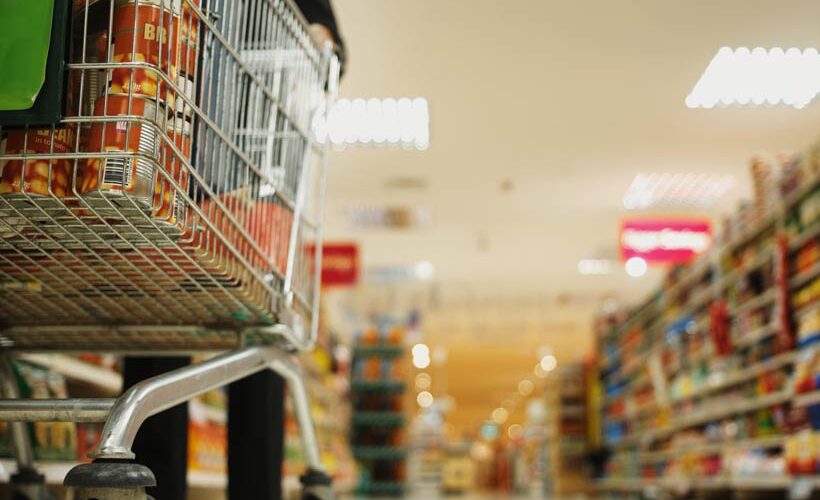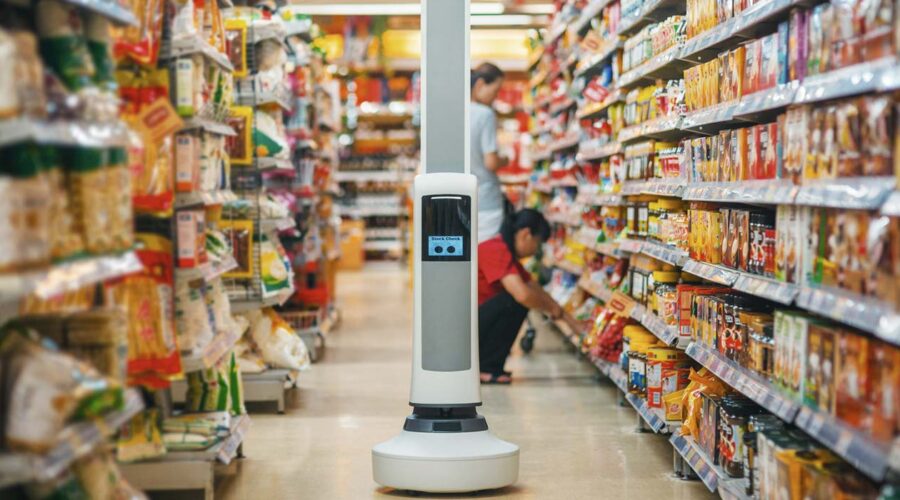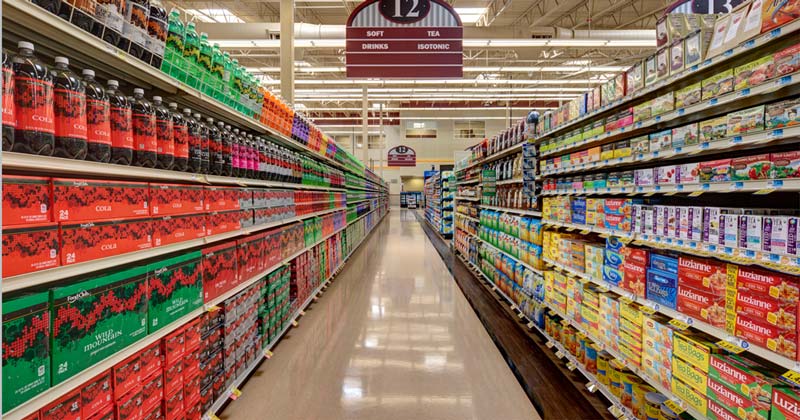On November 15, 2022, the Food and Drug Administration (FDA) finalized FSMA Rule 204. If your organization deals with foods including cheeses, nut butters, fin fish, bivalves/mollusks, domesticated chicken eggs, certain vegetables and more, you need ...
As a leader, you know that the food industry constantly evolves. Right now, we’re in the midst of the most sweeping food supply chain collaboration project in history, thanks to the FDA’s update to Section 204 of the Food Safety Modernization Act (FS...
Contributed by ReposiTrak Director of Content Meg Major Current and future impacts of AI, machine learning and other technology-enabled tools for the global food safety community were among the hot topics on the...
Contributed by ReposiTrak Senior Vice President, Customer Success, Derek Hannum Substitutions caused by out-of-stock (OOS) items are the Achilles heel of online grocery shopping and leads to shopper frustration,...
Contributed by ReposiTrak Senior Vice President, Customer Success, Derek Hannum Retailers are making big bets on technology to identify out-of-stocks in stores, including store personnel-operated hand-held devic...
Contributed by Joe E. Meherg, SVP/Sales Partner, ReposiTrak The constant four-letter-word for retailers is RISK. Avoiding it. Managing it. Eliminating it. In today’s litigious business climate, it is not enough...
Contributed by ReposiTrak Senior Vice President, Customer Success, Derek Hannum Whether you own a grocery store or shop at one, you already know the COVID-19 crisis has had a massive impact on the consumer produ...
ReposiTrak, Inc., the industry leader in solutions for stock replenishment, compliance, sourcing, food safety and risk management for the retail supply chain, reports that 77 percent of bakery suppliers using its Out-Of-Stock (OOS) Management Solutio...
Date: August 20, 2019 With new regulations and requirements changing in the food supply chain, it is hard to stay up to date. Liability resides with everyone in the food supply chain. You need to know what you should be requiring from your suppliers ...
“Pizza is all about bringing people together, and ReposiTrak helps us to partner with only the best suppliers because they have the largest compliance network.”









